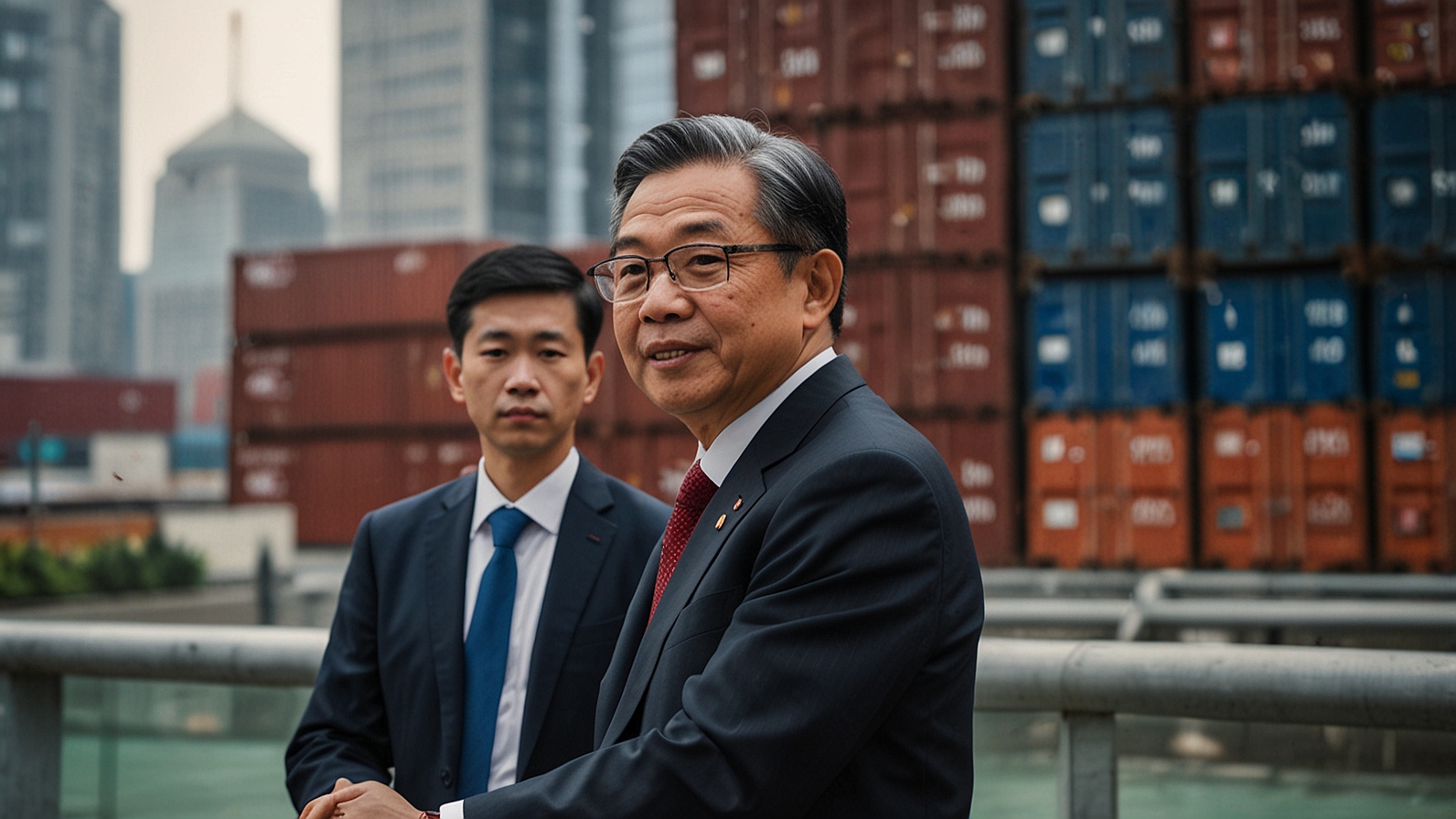In an alert move, China has set a target for economic growth of roughly 5% in 2025, the same target as last year, even though the country is facing increasing challenges from escalating trade tensions with the United States. Chinese Premier Li Qiang unveiled this goal as part of a work report at the National People’s Congress (NPC) meeting on Wednesday.
Far from being weak-kneed, this is a bold display of confidence from Beijing as it prepares for the fallout of the increased American tariffs on its export-driven economy. As a result, as President Trump is about to hold his inauguration address in Congress for the second time, this will be a unique split-screen view between the two giant players in the world, i.e., China and the United States.
The growth target is a clear manifestation of China’s relentless pursuit of solutions to the challenges of being the world’s largest economy’s trade partner even with the intensifying trade tensions. The Trump administration has added 20% to the previous levies on Chinese goods and threatened to impose tighter measures to stop the American technology from supporting Chinese technology.
China took the initiative to retaliate by quickly imposing new tariffs on US goods. They include some particular American goods getting 15% tariffs and a dozen US companies that have to comply with stricter export rules, as well as filing a lawsuit with the World Trade Organization. Furthermore, China has stopped buying American corn and soybeans from three companies.
In order to accomplish its growth goal, China has established a few stimulus programs. According to the work report made public to CNBC, the budget deficit of Beijing was raised to about 4% of the GDP, compared to 3% of the GDP the year before, which reached the highest level since 2010, surpassing the previous peak of 3.6% that was noted in 2020.
The report further elaborates on the strategies to issue 1.3 trillion yuan in bonds of extraordinary length in 2025, an amount that is 300 billion yuan more than the previous year. In the same way, 500 billion yuan in special treasury bond allocations will be done to the most important state-owned commercial banks in order to make them more stable. The macroeconomic strategies involve Beijing’s “more proactive” fiscal and a “fitting accommodating” monetary approach.
The fact that the internal demand was not as strong as expected is recognized by China as the annual consumer price inflation target has been lowered to “around 2%”—the lowest level in more than 20 years. The inflation target, designed with this new level, presumably will serve more as an upper limit than as a goal to be achieved since the prices of goods increased by 0.2% in both 2023 and 2024 and the costs of the producers kept decreasing for more than two years.
China registering its ambition to reach the growth target even with the prediction of the International Monetary Fund that the nation’s economy will grow by 4.6% in 2025 and not 5% the next year. Escalating trade disputes are exacerbating the myriad problems China faces, i.e. slow growth of GDP and a slump in the domestic consumer market due to a steep decline in real estate values.
Besides, in respect to other economic activities, China has declared its intention to enhance its defense budget by 7.2% in 2025. This is a part of a sector which has thrived for the last few years. The surge of military expenses manifests the compounding of Beijing’s aspirations in ensuring military renovation concomitantly with the wonking of the mixtures of global challenges.
The Chinese government has also committed to doubling the number of urban jobs created by 2025 and increasing consumer demand using special initiatives. These actions identify the fact of a holistic plan to induce growth, innovation, and stability amidst adverse external pressures.
China experiments with the world’s new development to watch the course of their economic policy implementation in the following year. The implementation of these policies could play a very significant role in both the Chinese and global economy, particularly as trade tensions with the United States worsen.





